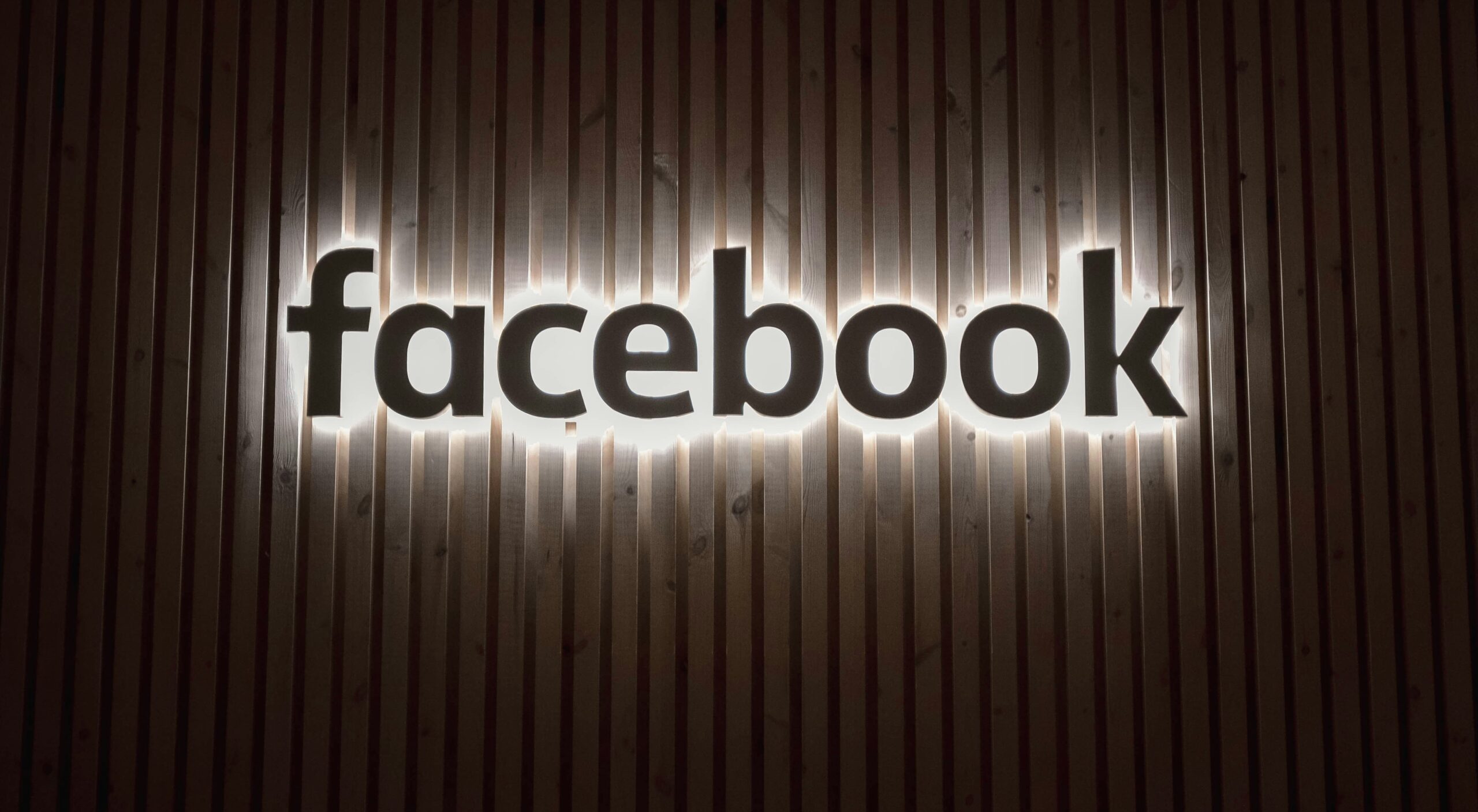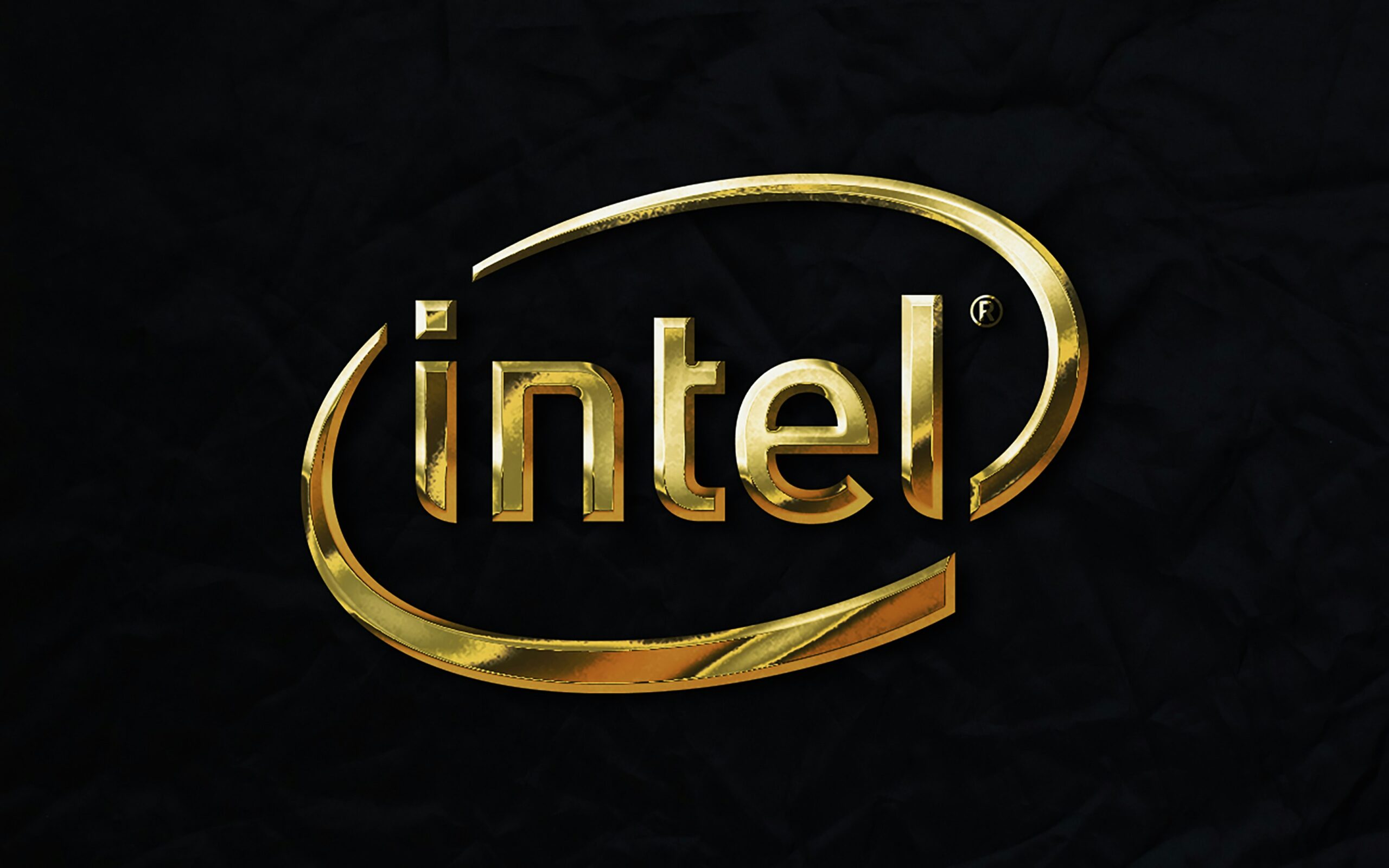Meta’s Struggle to Keep Facebook Culturally Relevant: An Insight into Internal Emails and the Future of Social Networking
Meta Platforms, the parent company of Facebook, Instagram, and WhatsApp, has found itself in a constant battle to stay culturally relevant in the rapidly evolving world of social media. The company, which revolutionized the social media landscape with Facebook’s massive growth, now faces a significant challenge—maintaining Facebook’s relevance in an age where new platforms are constantly emerging, and user preferences are shifting.
In the ongoing antitrust trial against Meta, documents released by the U.S. Federal Trade Commission (FTC) have shed light on the internal struggles at Meta, providing a glimpse into how the tech giant has been grappling with this challenge. These internal emails, dating back to 2022, reveal a candid discussion among Meta executives about the decline of Facebook’s cultural relevance and potential strategies for revitalizing the platform. As we step into 2025, it is evident that Meta is still working hard to restore Facebook’s status as a cultural force.
A Decline in Facebook’s Cultural Relevance
The leaked emails from 2022 highlight Meta’s recognition that Facebook, once the dominant force in social networking, was losing its cultural edge. CEO Mark Zuckerberg and other senior executives expressed concern that Facebook’s engagement, although steady in certain regions, was no longer as influential as it once was. This internal acknowledgment is particularly striking given the enormous scale of Facebook’s user base.
Zuckerberg’s Concerns About Facebook’s Future
In one email, Zuckerberg expressed his fears, saying, “I want to make sure we have a unique vision for the FB app that can lead to sustainable growth over time. Even though the FB app’s engagement is steady in many places, it feels like its cultural relevance is decreasing quickly and I worry that this may be a leading indicator of future health issues.” Zuckerberg further elaborated that Facebook’s cultural relevance was a critical factor in the company’s long-term success, warning that without it, the platform could not thrive.
Despite the success of other platforms like Instagram and WhatsApp, Zuckerberg made it clear that Facebook’s faltering cultural position could have negative consequences for the broader Meta ecosystem. “Even if IG and WA do well, I don’t see a path for our company to succeed in the way we need if FB falters, so we need to get this right,” he said in the emails.
The “Friending” Dilemma: Outdated or Just Uncool?
A significant part of the debate centered around Facebook’s core feature—“friending.” Unlike platforms such as Instagram, Twitter, or TikTok, where users can follow accounts without any reciprocal obligation, Facebook’s friend-based model required mutual connections. In 2022, Zuckerberg acknowledged that this concept had become outdated in the modern social media era, where “friending” felt increasingly cumbersome.
Why the “Friending” Model Doesn’t Work Anymore
As he put it, “Friending feels out of vogue right now for at least a few reasons. First, a lot of people’s friend graphs are stale and not filled with the people they want to hear from or connect with. Second, it feels heavyweight to request someone new as a friend, which makes it hard to rectify the first issue.”
Moreover, Zuckerberg observed that the structure of Facebook’s friend graph hindered the platform’s ability to adapt to current social networking trends. “It feels to me like the FB app’s position in cultural relevance is deeply tied to the friend graph structure as opposed to other organizing principles—such as IG/Twitter-style follow graphs, TikTok-style pure algorithmic approach, Groups/Reddit-style communities, etc.”
The Solution? A Radical Overhaul
The question Meta executives faced was how to transform Facebook while maintaining the platform’s identity. One proposed solution was to adopt a more modern social media framework: following rather than friending. Zuckerberg’s emails suggested that Facebook’s current friend-based model was increasingly out of sync with other platforms, which were built around following content creators or topics without needing a mutual connection.
A Bold Idea: Wiping Friend Graphs and Starting Fresh
As a drastic measure, Zuckerberg even proposed the radical idea of wiping everyone’s friend graphs clean and starting from scratch. He noted that while such a move could drive new engagement, it came with significant risks. “One potentially crazy idea is to consider wiping everyone’s graphs and having them start again… We’d have to build out an experiment and test it in a smaller country to make sure it led to a positive result.” This would be a bold step, and as Zuckerberg acknowledged, it could backfire if users chose not to rebuild their networks or lost interest in the platform entirely.
Meta’s Move Towards “OG Facebook”
Fast forward to 2025, and Meta is still trying to address these challenges. Zuckerberg mentioned during the company’s Q4 earnings call in January 2025 that one of the key goals for the year was to return to the essence of “OG Facebook,” with an emphasis on restoring the platform’s cultural relevance. One of the major steps toward this goal has been the recent redesign of Facebook’s Friends tab, which Meta hopes will reinvigorate the core experience of connecting with people in a meaningful way.
Conclusion: Meta’s Long Road Ahead
The battle for cultural relevance is a challenge that every major social network must face, and for Facebook, the struggle is particularly poignant. The insights provided by the internal emails from Meta executives reveal a company that is acutely aware of its fading influence but is still actively searching for a solution. Whether it’s through drastic changes like wiping friend graphs or more subtle adjustments like improving the user interface, Meta is determined to keep Facebook alive in the modern era.
For more details on Meta’s ongoing legal battles and internal strategies, check out these links:
As Meta continues to innovate and adapt, it will be interesting to see whether Facebook can regain its spot at the cultural center of the internet, or if its time has passed in an ever-changing digital landscape.
- Image Credits: Unsplash





